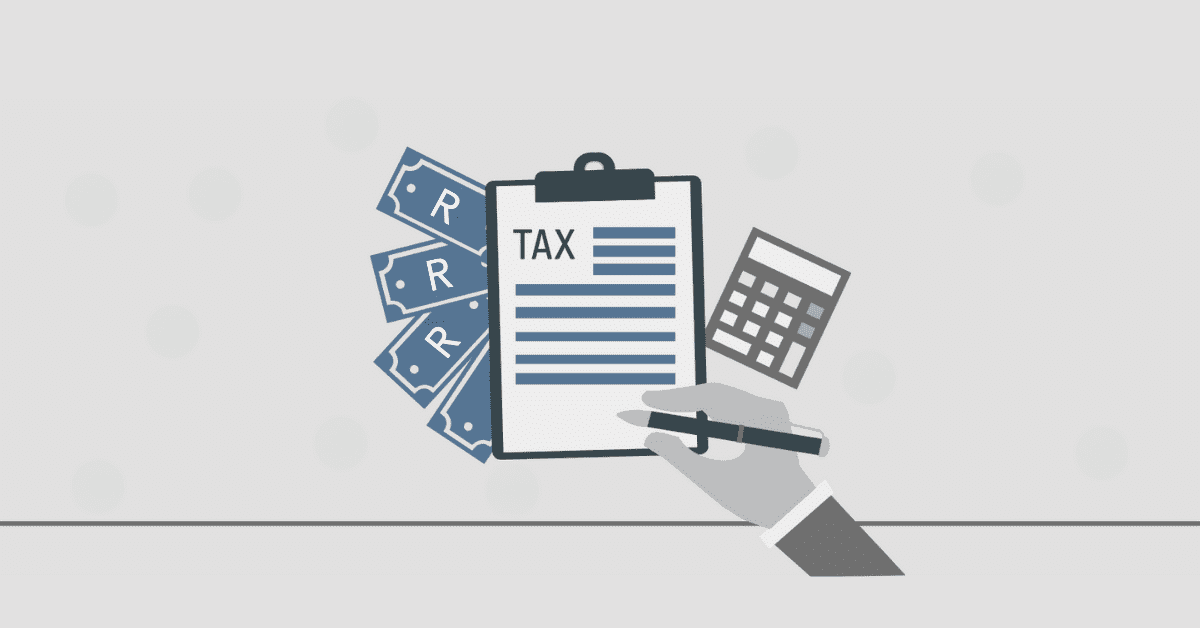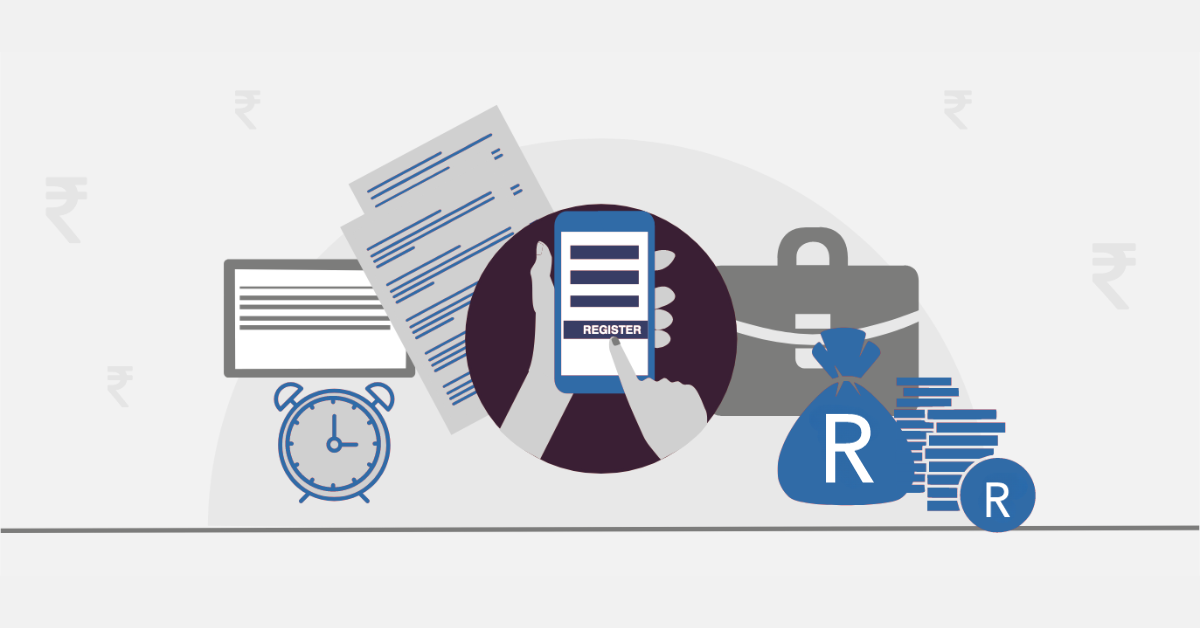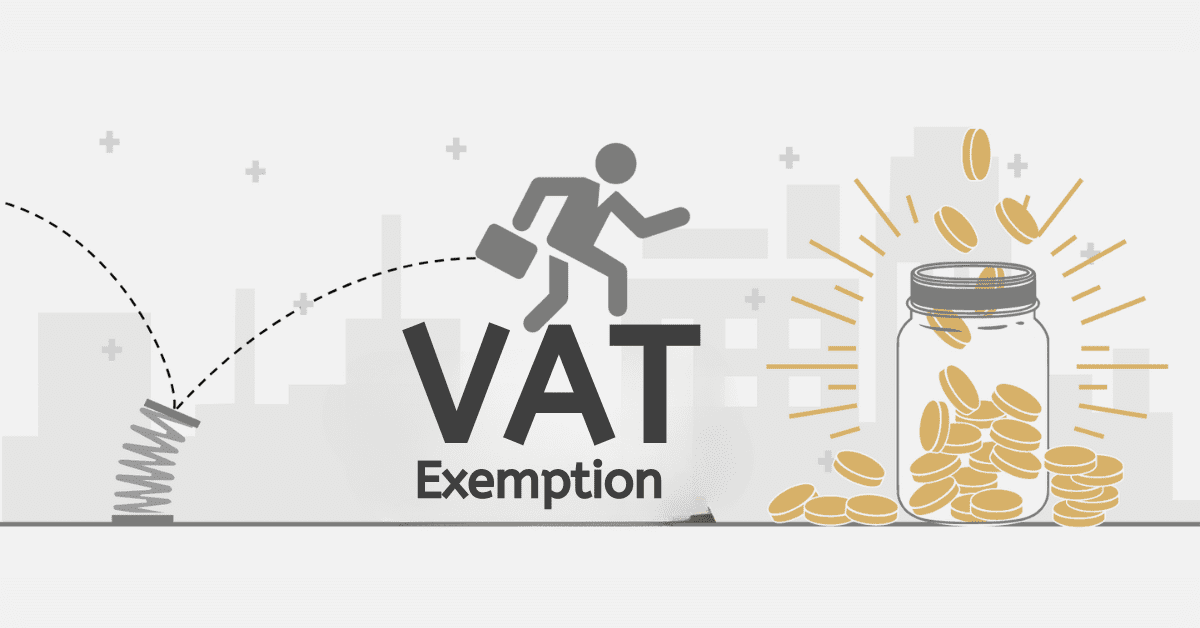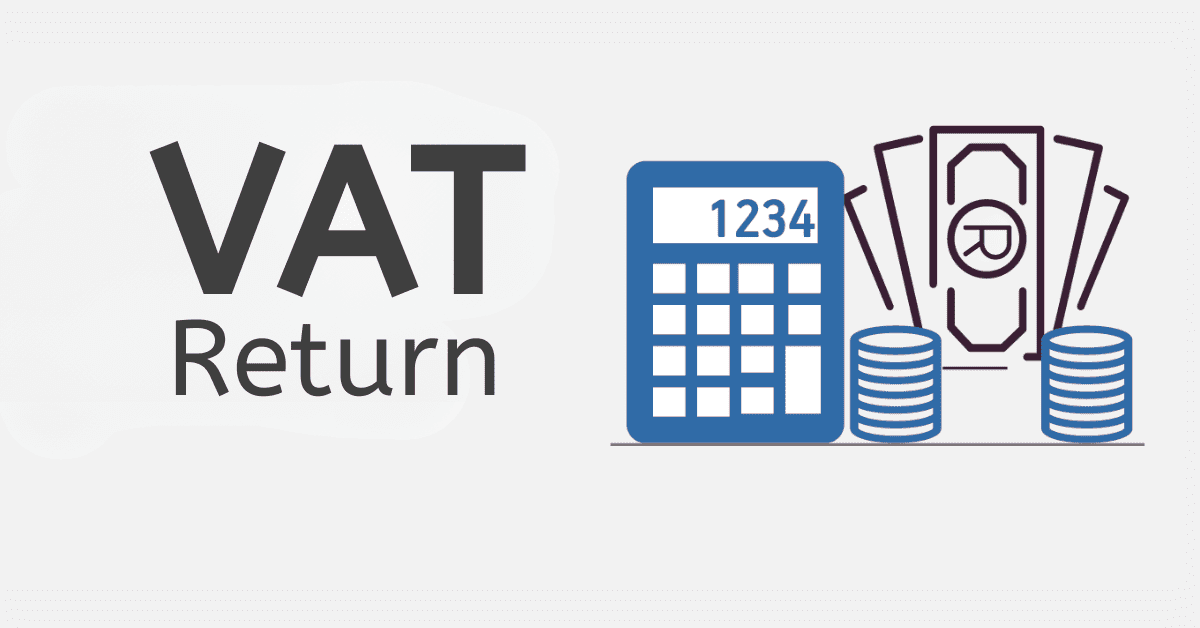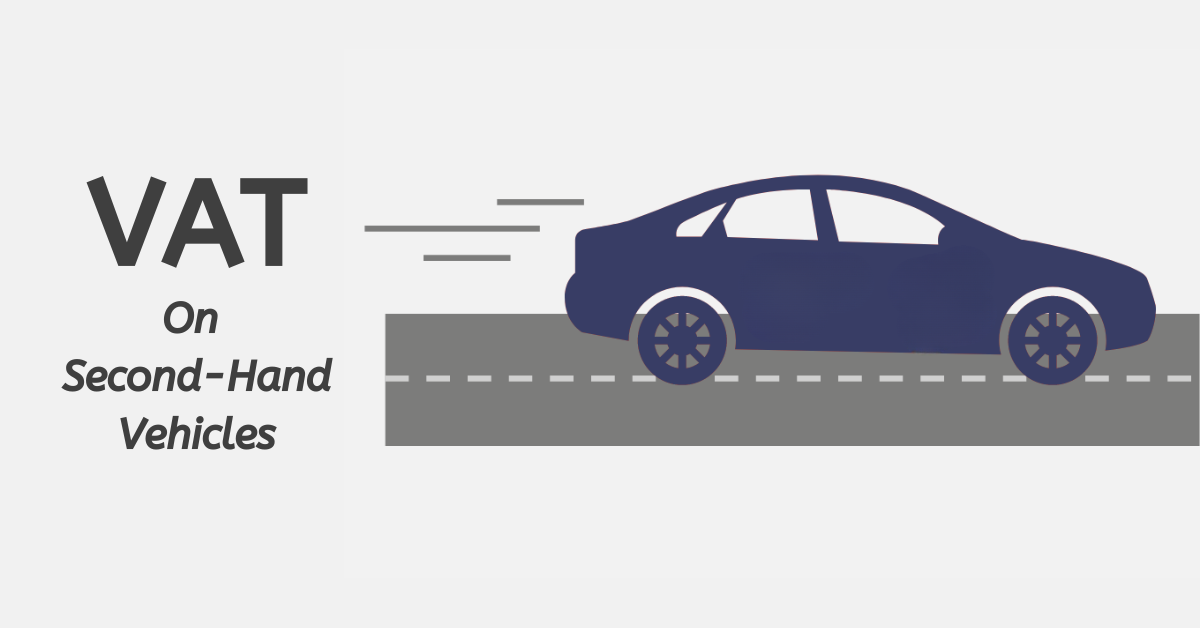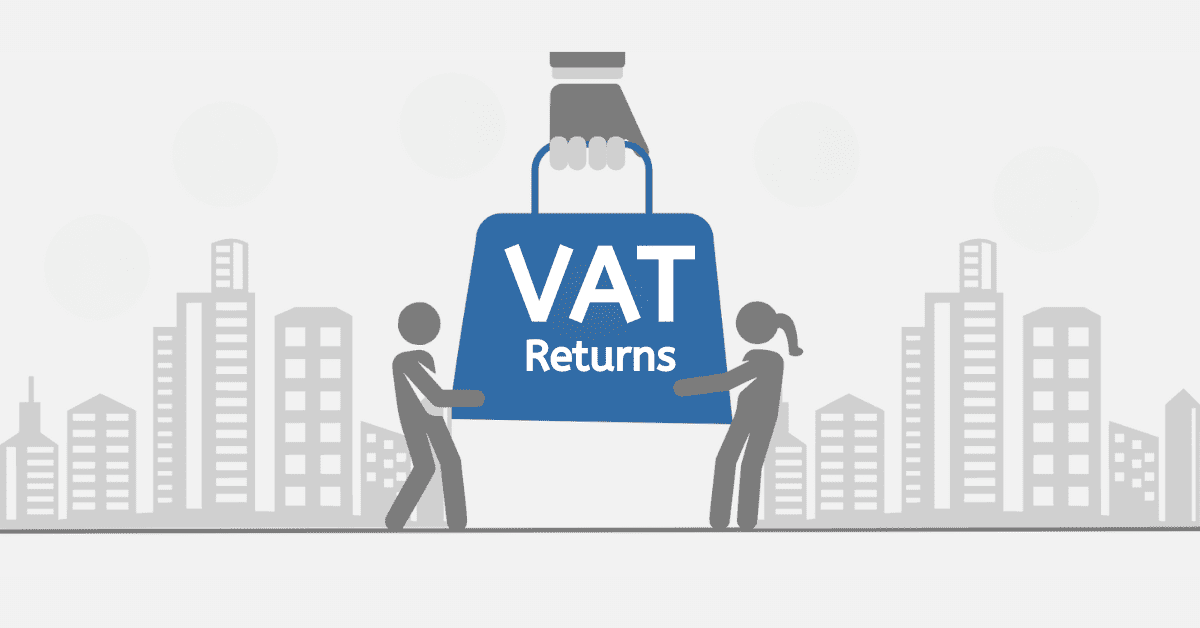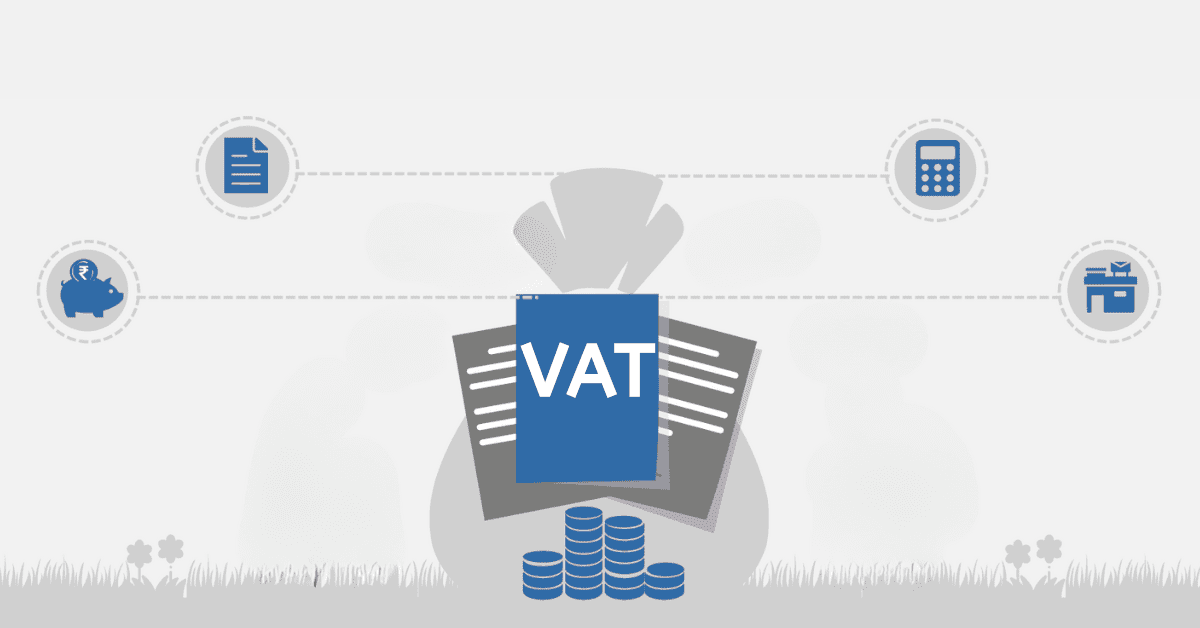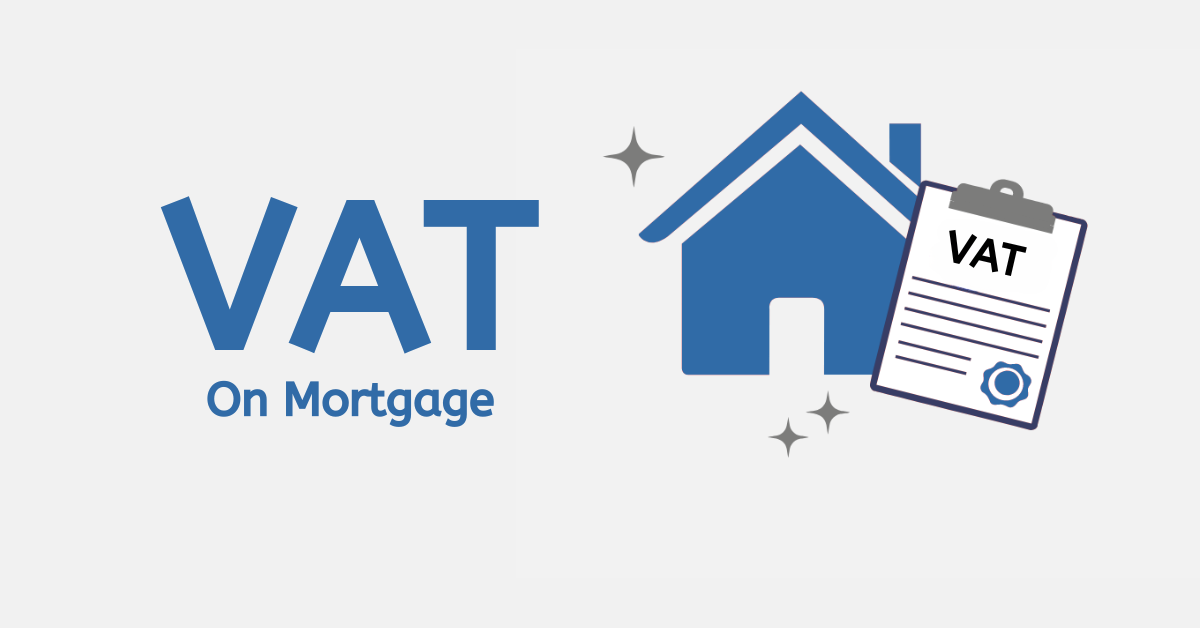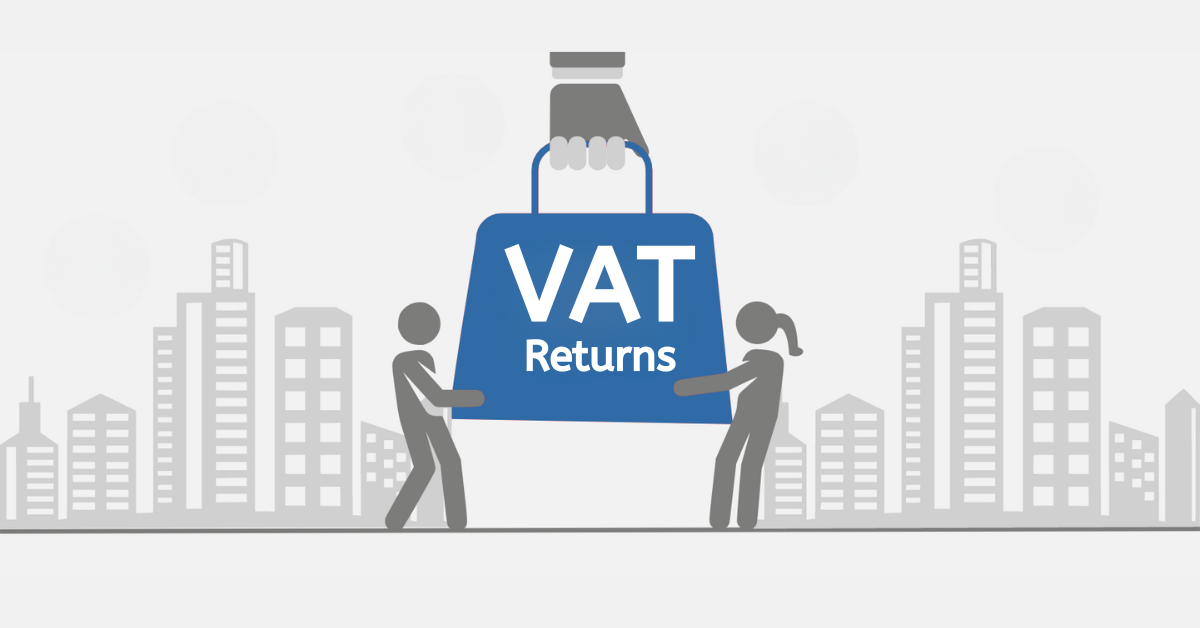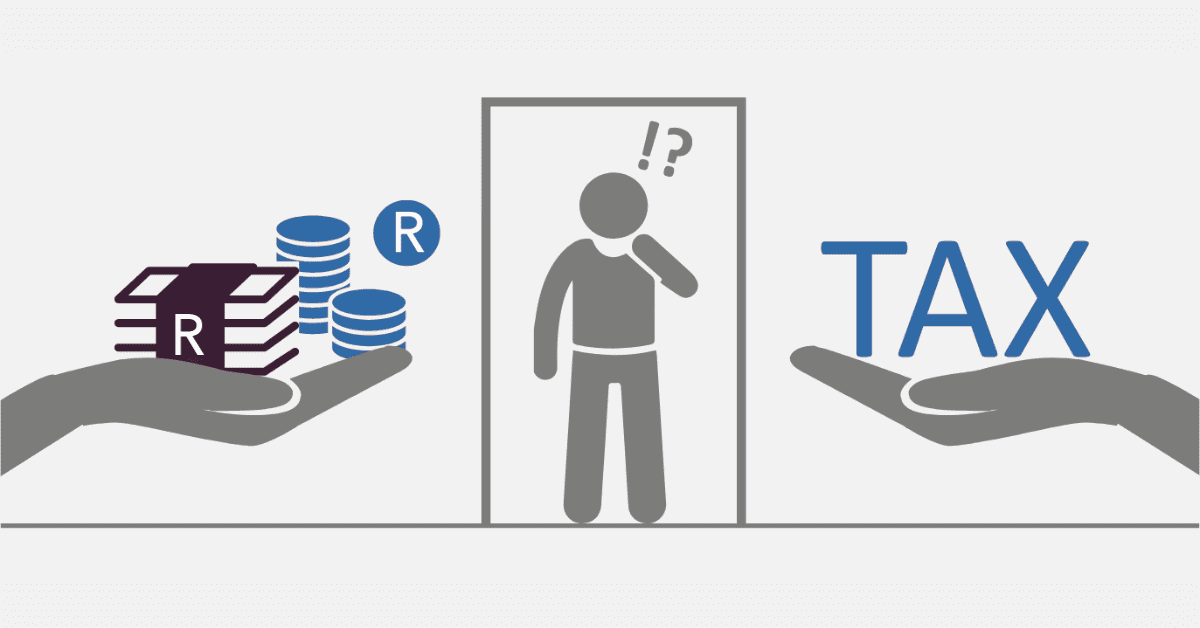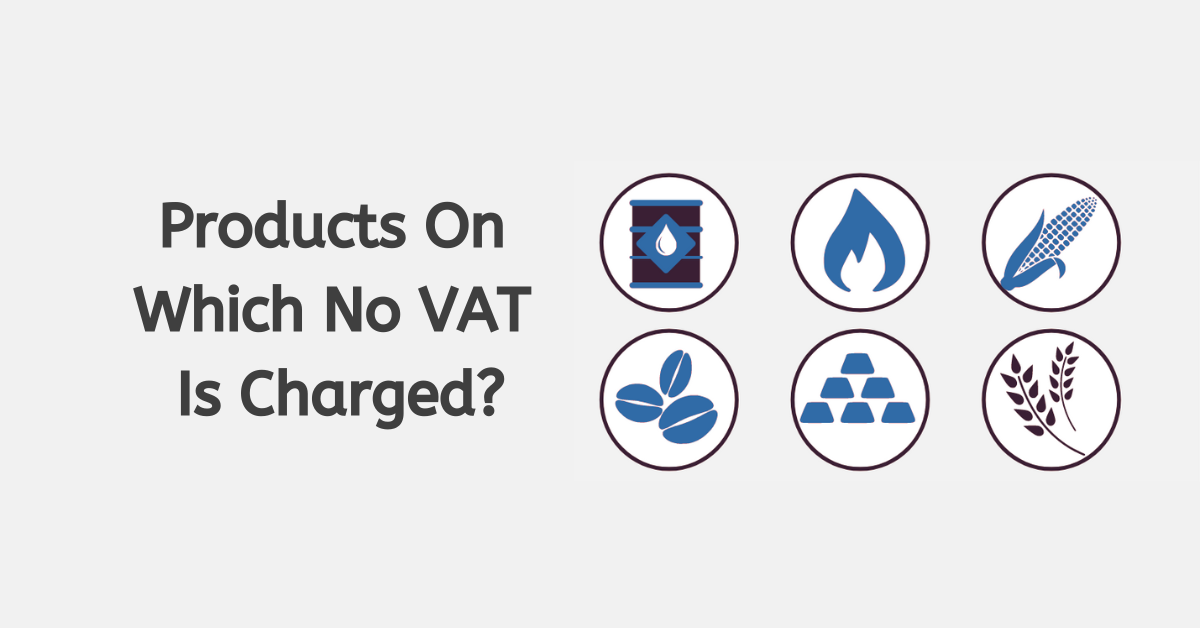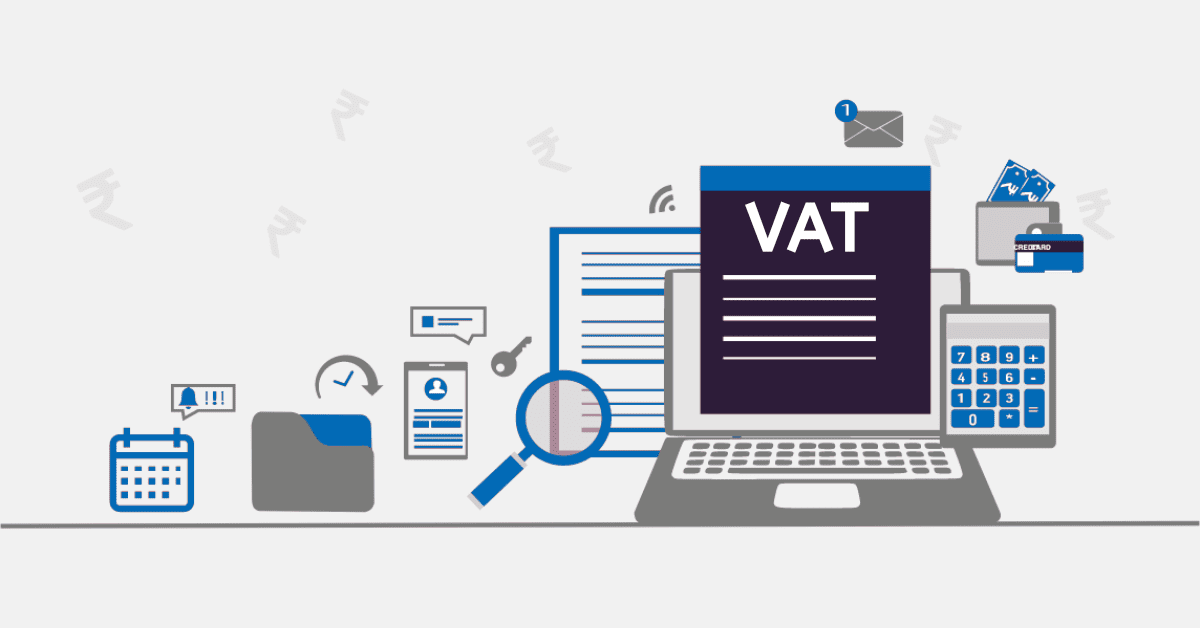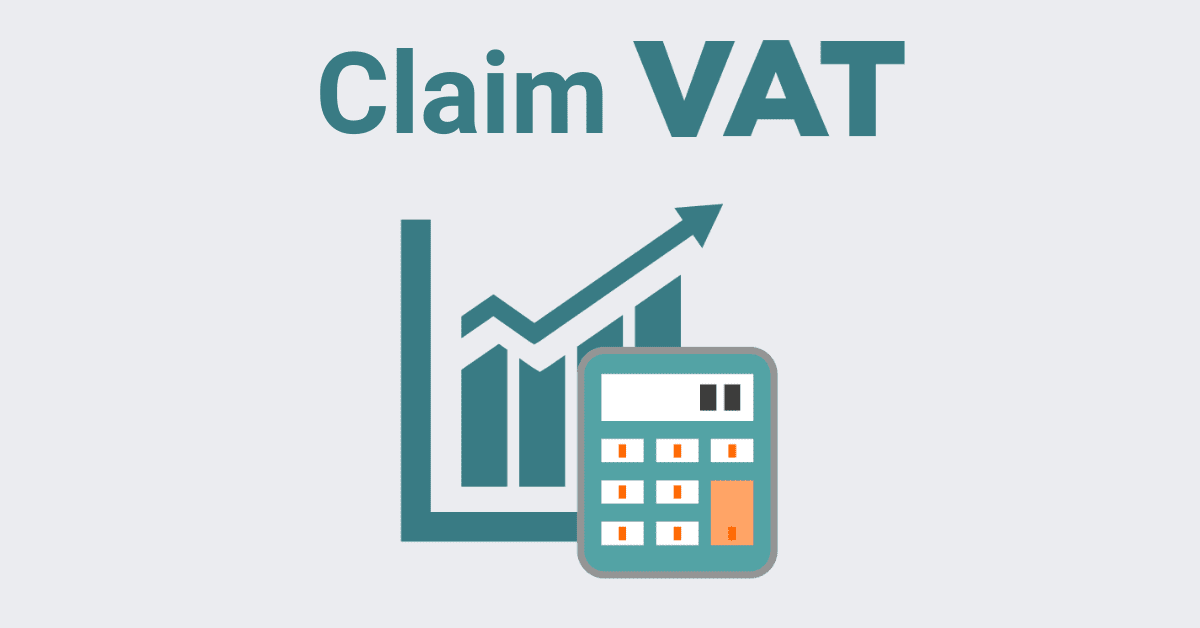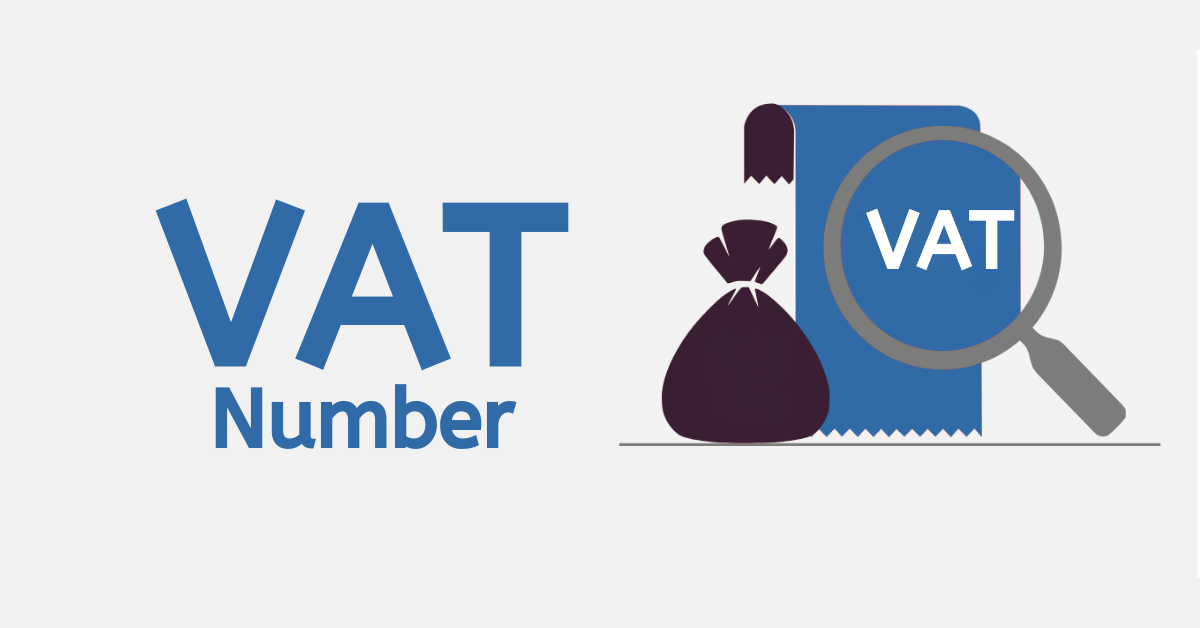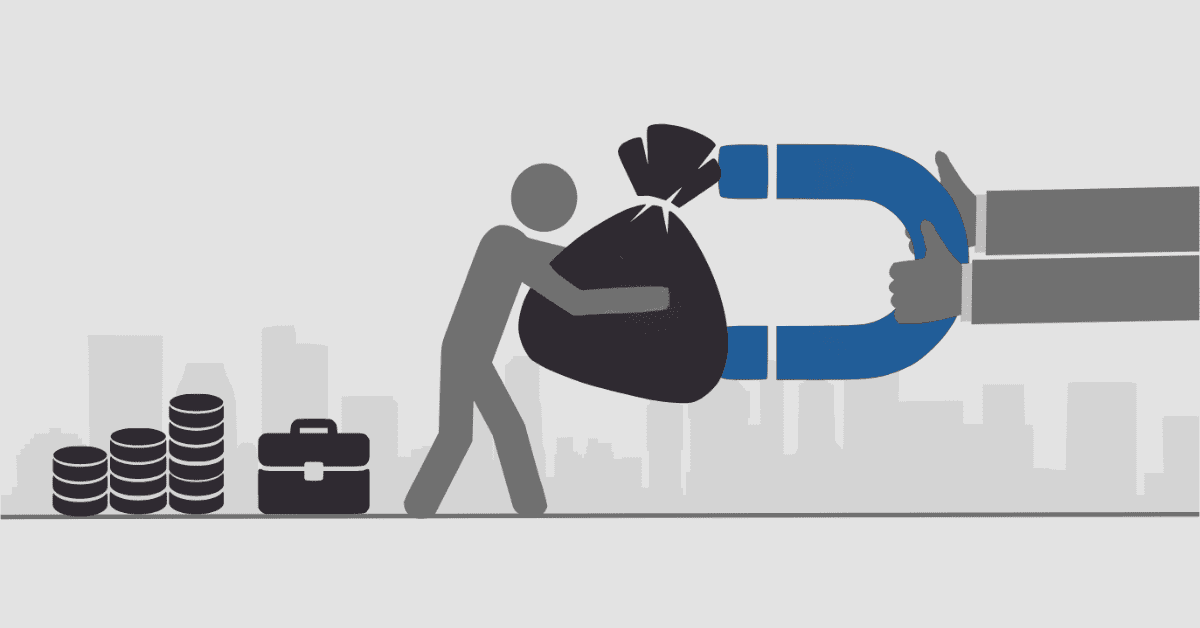Many business concerns, particularly smaller businesses, are afraid of reaching the mandatory VAT registration threshold in South Africa. In all honesty, they shouldn’t be. Always remember that VAT is an ever-present tax on goods and services throughout the economy. Simply not being registered for VAT doesn’t mean that you don’t pay it! Instead, you pay the VAT-inclusive price on all the goods you use in your supply chain and cannot ‘pass on’ this cost to your customer by charging VAT yourself. It becomes a hidden cost of doing business.
While being VAT registered does make for an additional administrative burden on businesses, it is often also a net benefit to them. Most VAT-registered companies do not want to trade with non-VAT-registered entities, as this means they cannot claim VAT inputs and outputs on the business they do with you. So, VAT registration can open a lot of doors to trade with larger, high-caliber business entities as a supplier or vendors. It also means that, instead of simply absorbing the VAT on the goods you buy to make your end product, you can offset these costs against the VAT gains you make selling them and only be liable for the net difference. This could mean paying over some VAT, or it could mean getting a refund on excess VAT you have already paid in the production of your product. While the idea of a one-time VAT payment can be scary, remember that it does reduce the burden of VAT on your business overall.
How To Avoid Paying VAT As A Business
There is only one legal strategy to use to avoid paying VAT as a business in South Africa. This is what is known as disaggregation, or the splitting of one business (which meets the compulsory threshold for VAT registration) into several smaller concerns that don’t. While this would take each individual business entity back under the VAT threshold, there are obviously a lot of other things to consider before deciding this is right for your concern. Splitting into multiple parts will vastly increase other administrative burdens, require each entity to have separate tax filing and other matters, and may not be a net benefit to the concern just to avoid registering as a VAT vendor.
However, no business has to register as a VAT vendor until they make more than one million rand in taxable turnover in a consecutive 12-month period. So, smaller businesses do not have to take on the extra administrative burden of handling VAT returns until they reach this benchmark. However, you can choose to voluntarily register for VAT if it will benefit your business after you reach R50,000 in taxable turnover in the same period.
But always remember that you are still paying VAT on the goods coming into your supply chain, regardless of VAT registration. All VAT registration allows you to do is shift some of this burden down the supply chain and claim an offset on the VAT you pay to produce your goods against the VAT you charge to customers.
Which Companies Are VAT-Exempt In South Africa?
Some types of companies in South Africa are truly VAT-exempt, however. These are those that only produce VAT-exempt goods. Do note that this is not the same as zero-rated VAT goods. VAT-exempt companies typically fall into these categories:
- Educational services
- Financial services that do not generate fees
- Public road/rail transport
- Residential rent
These VAT-exempt companies will not have to submit VAT returns even if they reach the mandatory VAT threshold.
Are There Any Ways To Avoid VAT?
Essentially no, there are no ways to avoid ever paying VAT, whether you are a business or an individual. For individuals, you pay a VAT-inclusive price at the till. For businesses, VAT will still intrude on your supply chain whether or not you are officially registered for VAT with SARS- you will simply pay a VAT-inclusive price for items in your supply chain if you are not VAT registered. It is a cost of doing business.
However, you can avoid registering for VAT and needing to submit returns with SARS by default until you meet the R1,000,000 taxable turnover threshold. If you only make/provide VAT-exempt goods and services, you also won’t have to register for VAT returns.
How Do I Pay A Business That Is Not VAT-Registered?
If you are a VAT-registered business and need to deal with a business that is not VAT-registered, you can still do so. What you cannot do is allow them to pay a VAT-exclusive amount. Instead, you will need to offer the higher VAT-inclusive amount by default. You will also not be able to recover any VAT from the transaction on your side. This is why many VAt-registered businesses choose not to deal with non-VAT-registered entities, as they lose the ability to claim the input or output for their own VAT matters.
Who Can Avoid Paying VAT?
VAT is an in-built tax on goods and services in South Africa. Technically, we all pay VAT. The only time you will not pay it is if you are buying zero-rated goods and services or operate in a VAT-exempt category. Do remember that paying VAT and being VAT-registered are not the same thing. You only have to register to submit VAT returns if you make more than one million Rand in taxable turnover in a consecutive 12-month period and do not operate in a VAT-exempt category.
VAT is a tax present through all our business dealings daily. Being VAT-registered means you can offset the VAT you pay against the VAT you charge. For all other businesses, the VAT is simply something you have to absorb as a price of doing business.
